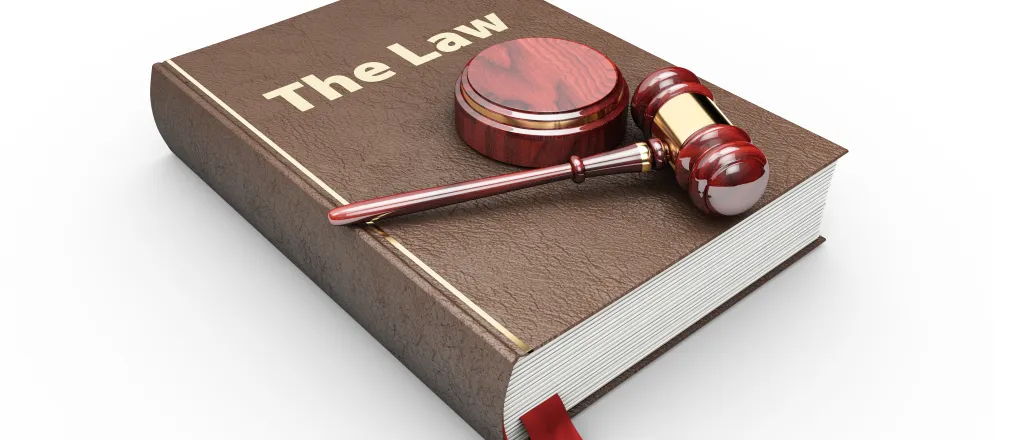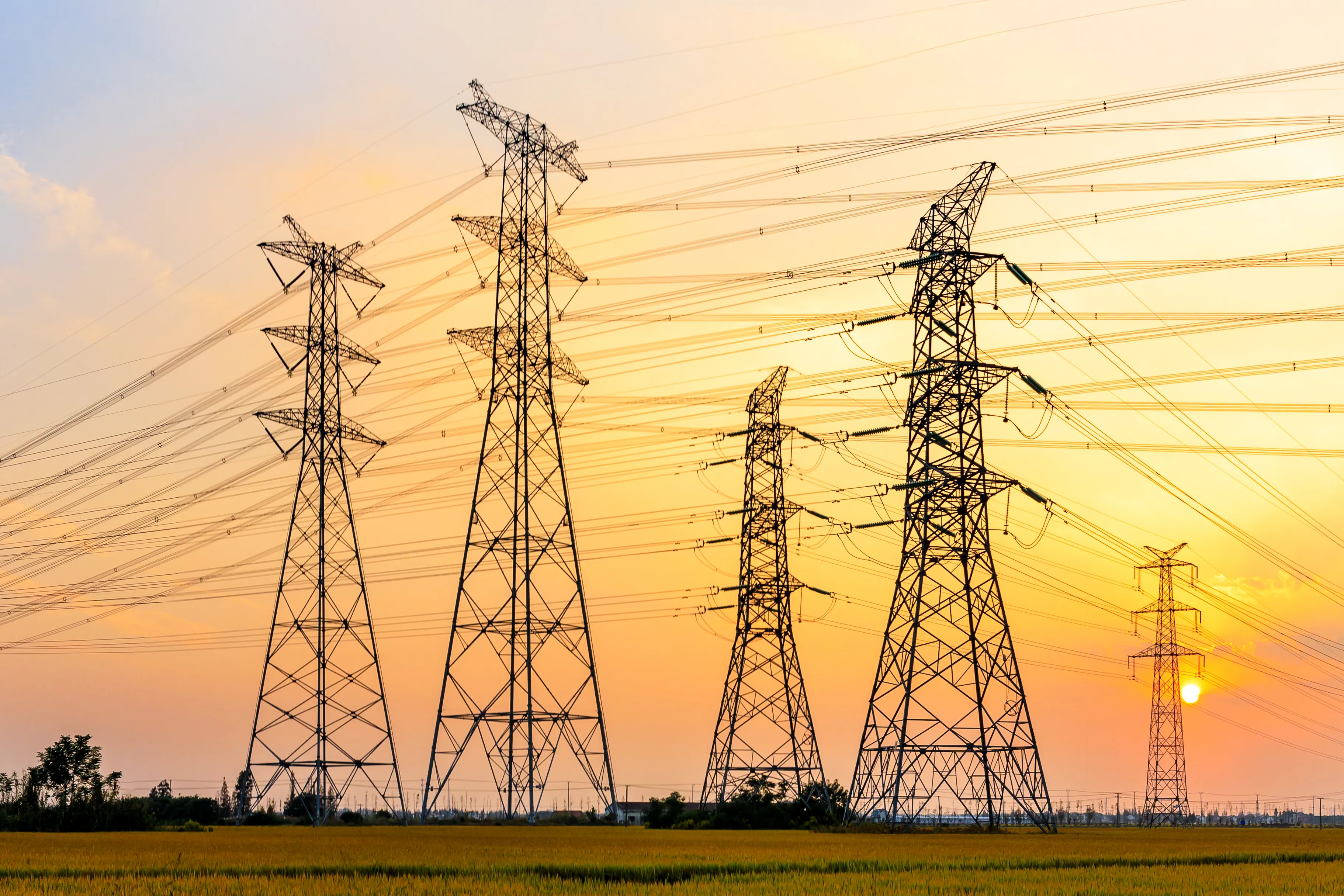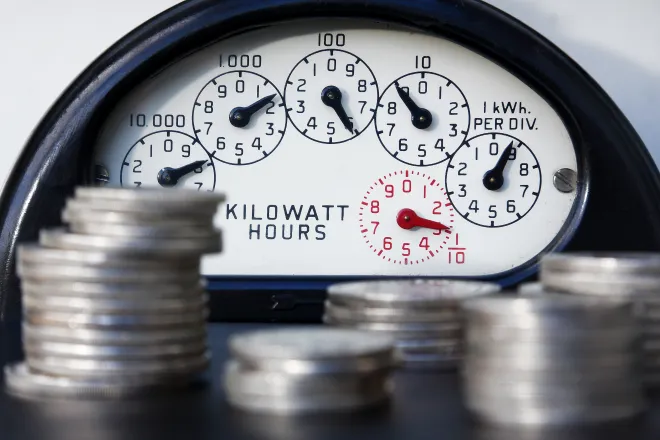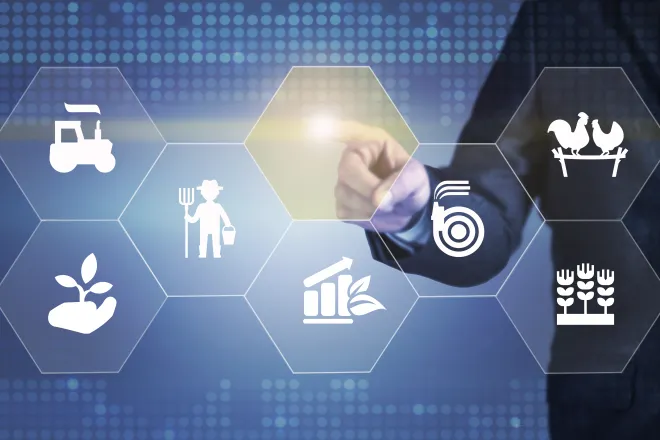
Despite widespread interest, only 3 states passed license plate reader laws this year
© tussik13 - iStock-908521486
Lawmakers in at least 16 states this year introduced bills to regulate the use of automated license plate readers responsible for collecting large amounts of data on drivers across the country.
But just three states — Arkansas, Idaho and Virginia — enacted laws this session that establish or amend rules for law enforcement agencies using the high-tech camera systems and the manner in which license plate data should be stored. And this month, California Democratic Governor Gavin Newsom vetoed a bill that would have restricted use of such data.
The new Arkansas law, which was signed by Republican Governor Sarah Huckabee Sanders in April, also allows nongovernmental entities, such as private landowners and commercial business owners, to use license plate cameras on the condition that the data is deleted after 60 days. State agencies and parking enforcement can store license plate data for up to 150 days.

© iStock - Solovyova.
Measures in Massachusetts, New Jersey and Pennsylvania are still under consideration. While the Pennsylvania bill outlines a permitting process for state agencies interested in installing license plate cameras, the measures in Massachusetts and New Jersey aim to strengthen privacy protections by ensuring only authorized employees can access driver data.
Automated or automatic license plate readers, also known as ALPRs, are high-speed camera and computer software systems that automatically capture license plate information as vehicles drive by. These readers, which are typically mounted on street poles or the roofs of police cars, also record the location, date and time that license plates are captured.
ALPRs have been used by law enforcement agencies for more than 20 years. The camera systems are typically used as a tool for traffic accident and crime investigations.
Despite the technology’s popularity, privacy and technology groups have raised concerns over data storage and appropriate uses of ALPRs.
License plate readers collect and store large amounts of data, which is susceptible to data breaches and hacking, according to a report from the Brennan Center for Justice. Several law enforcement agencies and officers have also used the technology to target immigrants and could track people seeking reproductive health care, according to an analysisfrom the Electronic Frontier Foundation, a nonprofit digital rights group.
Lawmakers in at least 10 states — Kentucky, Missouri, Nebraska, New Mexico, New York, Oklahoma, Rhode Island, South Carolina, Texas and Utah — introduced ALPR legislation this year that didn’t advance.
This month, Newsom vetoed a measure that would have restricted how and when police agencies use and share data collected by ALPRs. The bill, which was approved by the legislature amid reports police were misusing the data, also would have required agencies to undergo random audits by the state and to delete some collected data within 60 days.
In his veto message, Newsom said the measure “does not strike the delicate balance between protecting individual privacy and ensuring public safety,” citing examples of how the bill’s provisions could impede criminal investigations.
In New Jersey, Democratic legislators introduced another bill in June that would prohibit law enforcement agencies and individuals from sharing license plate information during interstate investigations into people seeking reproductive health care services, such as abortion, that are legal in New Jersey.

















